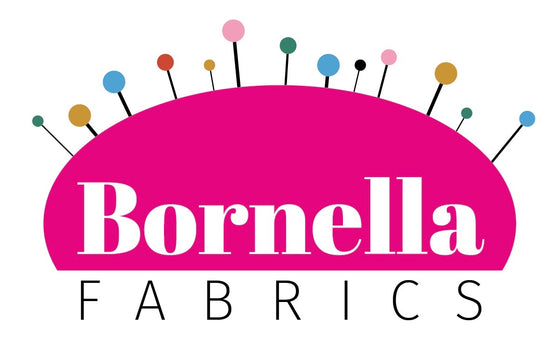The sustainable fabric lowdown
There is lot of innovation around sustainable fabrics at the moment, which is brilliant news. When it comes to sustainability, there is no silver bullet or perfect option - there are often cons as well as pros. Below is a little snapshot of the most common fabrics and why they are a more sustainable option. We'll be adding to our ranges in the coming months.
Cotton:
Cotton is produced from the fibres of the cotton plant. Organic cotton is grown without using any harmful chemicals (such as pesticides, insecticides and fertilisers) which could contaminate the soil, water, or harm growers that pick and process the crops. Although organic cotton uses more land to achieve the same yield as non-organic, it has less of an environmental impact.
Viscose fabrics:
Viscose / Rayon is derived from wood pulp, often from fast-growing trees such as eucalyptus, beech or pine but there are many other sources. The cellulose from the pulp goes through a chemical process to create the fibres, which are then woven. Standard viscose production uses a chemical (carbon disulfide) which is harmful to humans and the environment.
Lyocell is a type of viscose. Unlike viscose, the production of Lyocell does not require the use of a chemical which is toxic to both workers and the environment.
Tencel™ is a brand name of Lyocell produced by Lenzing AG, an Austrian company. Lyocell is similar to Viscose but it does not use harmful chemicals in the manufacturing process. The chemicals and water used to produce Lyocell are also recycled for the subsequent batches in a closed loop process, so there is minimal wastage. Tencel™ fibres are derived from responsibly managed forests and are certified to come from sustainable sources.
EcoVero™ is a more sustainable version of viscose. The fibres are made from wood pulp which is derived from responsibly managed forests and are certified to come from sustainable sources. The production of EcoVero™ means that emissions and water requirements are reduced by up to 50%, compared with the production of normal viscose.
Modal is another fibre in the viscose 'family' - it is made from beech trees and uses 10-20 times less water to produce than cotton. Modal is ultra soft and up to 50% more absorbant than cotton so you won't feel sweaty or sticky. Its very hard-wearing and retains its shape well after frequent washes.
Bamboo:
Bamboo is a really eco-friendly fibre. It is naturally organic, has a very high CO2 consumption, is fast-growing, and requires low water consumption, meaning it is does not harm the land as much as some other industry-heavy fibres. It is a very soft, breathable material which naturally wicks water away from the skin and is durable.
Linen / Ramie:
Linen is made from flax. Flax can be grown without chemicals or pesticides and requires little water, meaning it can have a low environmental impact even if it isn't organic. Linen is prone to creasing which is part of the fabric's character.
Ramie is part of the nettle family. The fabric is made from the stems of the plant and produces a lightweight, durable cloth, similar to linen.
